Kenya is likely to gain from the East Africa Power Pool (EAPP) plan, which will include 13 member states and allow them to buy renewable and alternative energy.
The new development was announced at the EAPP regional conference, which began on December 9 and will run until December 11.If executed, the idea will significantly reduce electricity tariffs while also assuring long-term electrical connectivity.
The initiative is expected to benefit over 620 million people in the region beginning in early 2025.
The EAPP member states intend to establish a centralised Day Ahead Market (DAM) that will combine shared physical infrastructure with mechanisms for low-cost energy.
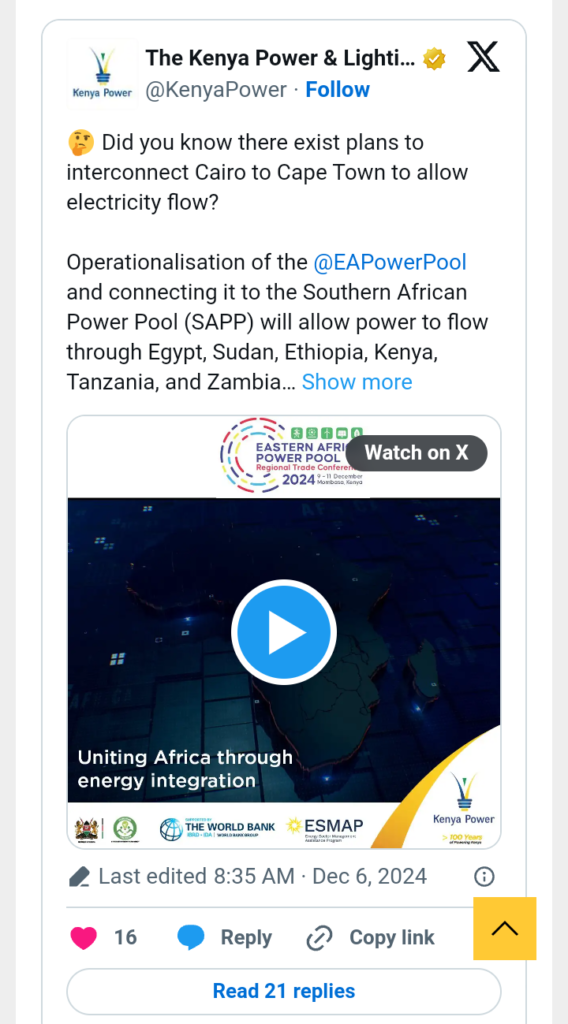
Customers can buy and sell electricity at financially binding day-ahead prices for the next day under the centralized system, allowing both buyers and sellers to benefit from expanded regional power commerce.
The system will be assisted by utilizing both existing and new power hookups.
The centralized platform is supposed to increase efficiency, transparency, and competitiveness, as well as allow countries to maximize their energy sources and satisfy demand while encouraging price discovery for fair and equitable trade.
The project, led by the EAPP, the World Bank, and the Kenyan government, brings together regulators, utilities, international specialists, development partners, and regional stakeholders.
While speaking on the sidelines of the occasion, Energy CS Opiyo Wandayi voiced his delight and confidence about the new development, saying it will bring about transformation in Kenya’s energy industry.
“This is a remarkable achievement, especially in our journey towards operationalizing this market. It will play a key role in enhancing our interconnectivity,” he asserted.
Okaasai Opolot, chair of the EAPP Council of Ministers, hailed the project’s significant benefits.
“We recognize the substantial economic benefits to be reaped from deepening integration of the power sectors in the Eastern African power pool. In paving the way for affordable universal electricity access in the region,”
The new power project comes after President Ruto cancelled the Adani-KETRACO deal, which was worth Ksh95 billion.
The electricity deal, which Wandayi had previously signed, called for Adani to build 422 kilometers of crucial transmission lines.
The agreement called for the building of three high-voltage power transmission lines and two substations in important locations to improve the national grid’s connectivity and stability.
The 400kV Gilgil-Thika-Malaa-Konza line will cover 208.73 kilometers and include new substations in Gilgil, Thika, and Malaa.
Meanwhile, the 220kV Rongai-Keringet-Chemosit line, which spans 99.98 km, will add substations at strategic places like Rongai and Keringet.
The EAPP is a regional organization that handles cross-border power trade and grid interconnection among governments in eastern Africa.
Burundi, the Democratic Republic of the Congo, Djibouti, Egypt, Eritrea, Ethiopia, Kenya, Libya, Madagascar, Malawi, Rwanda, Seychelles, South Sudan, Sudan, Tanzania, Uganda, and Zambia are among the nations represented.







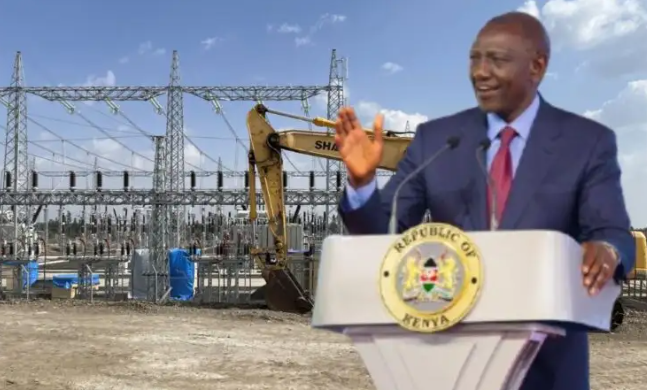
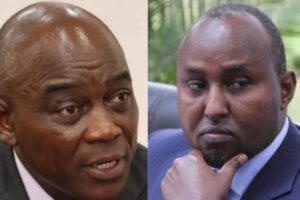
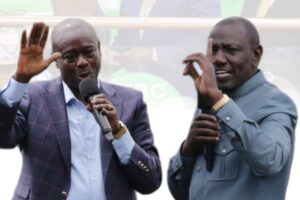

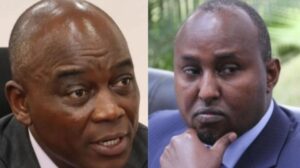
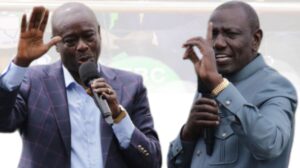



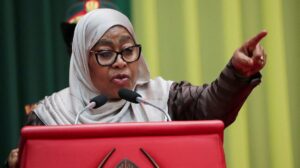
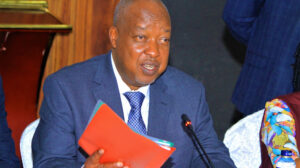



Add Comment